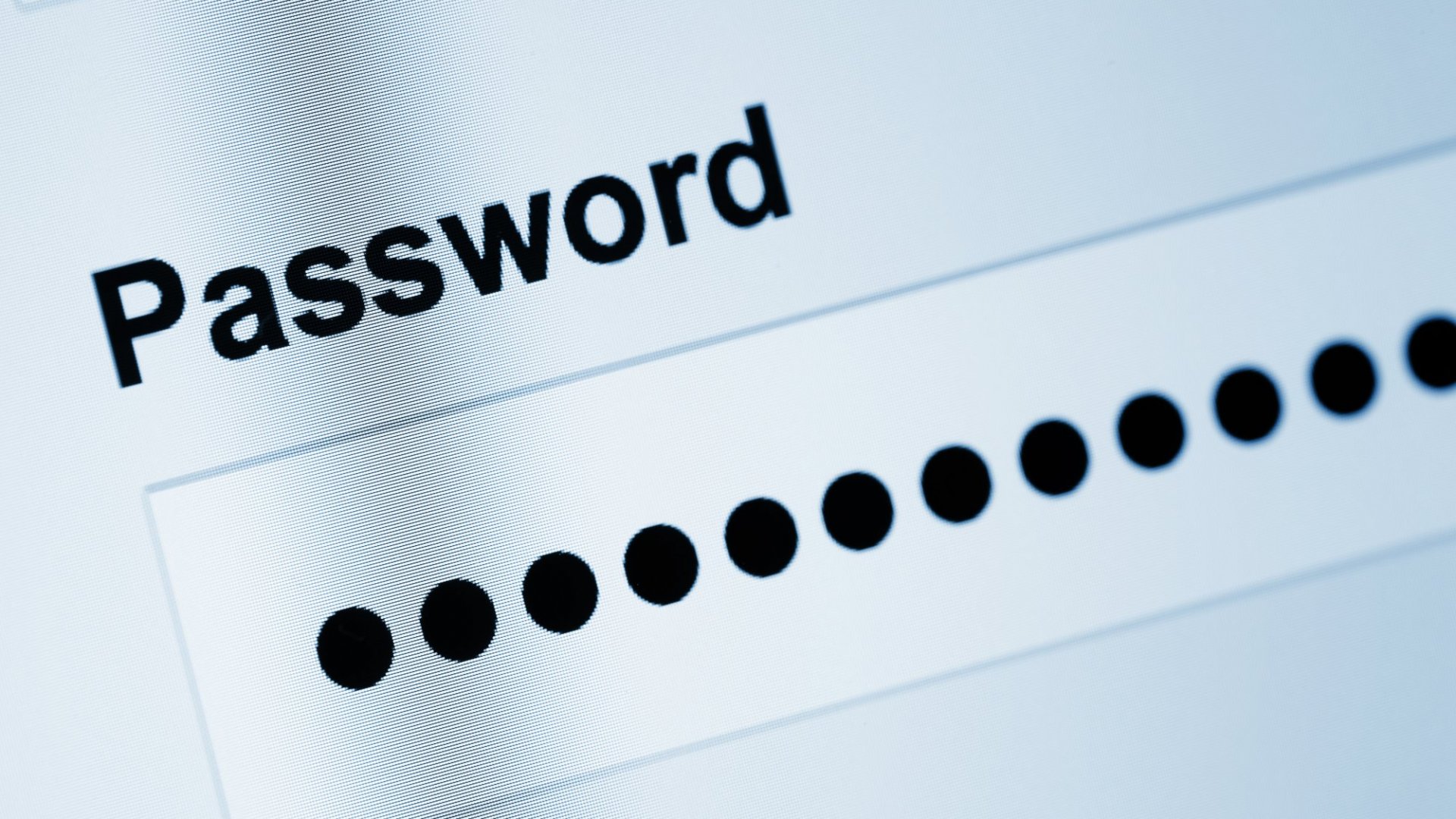Introduction
As children have easy access to the internet in this day and age of digitalization, it is crucial to make sure they are secure online. Teaching kids how to create and maintain strong passwords is an important but frequently ignored part.
Understanding Password Security
Accounts that have weak passwords are at serious danger of being hacked or having unauthorized access. Because of their naivety, children may choose simple, predictable passwords, leaving them vulnerable to online predators.

Tips for Creating Strong Passwords for Children
Length and Complexity
Promote using complex passwords that contain a combination of capital and lowercase characters, digits, and symbols. They are more difficult to break the longer and more intricate they are.
Avoiding Easily Guessable Information
Advise against using personal information such as pet names, birthdates, or words that are meaningful to you personally. These are easily guessed by hackers.
Using a Mix of Characters
Add more characters to increase the level of intricacy. Replace characters with numbers or symbols, for example: “E” for “3” or “A” for “@”.
Regularly Updating Passwords
Instruct kids on the significance of updating their passwords on a regular basis. This procedure guarantees continued security.
Educating Children About Password Security
Have discussions on the need of using secure passwords. To demonstrate the significance of protecting their internet presence, give relatable instances.
Managing Passwords for Children
It is possible for parents to be proactive in controlling and monitoring their children’s passwords.
Password Managers for Kids
Look into age-appropriate password managers that let parents oversee and help with the creation and maintenance of secure passwords.
Parental Control Settings
To keep an eye on and regulate your child’s online activity, make use of the parental control settings that are accessible on different platforms.
Supervising and Guiding Children
Check in with your children on a regular basis, teaching them the value of privacy and helping them create strong passwords.
The Role of Education and Communication
Teaching kids about internet safety is a continuous endeavor.
Teaching Kids About Online Safety
Establish safe surfing practices, responsible sharing, and privacy as early as possible to instill good internet habits.
Importance of Open Communication
Keep lines of communication open with kids and establish a secure environment where they can talk about any worries or occurrences pertaining to online safety.
Conclusion:
It is essential to teach kids how to make and maintain secure passwords if they want to keep their online identities safe. In order to ensure their children’s online safety, parents may greatly contribute by putting these suggestions into practice and encouraging honest communication.
FAQs
Should I use the same password for all my child’s accounts?
No, using the same password for several accounts makes you more vulnerable. Encourage each account to have a different password.
What age should I start teaching my child about password security?
Commence early, roughly when they start using digital gadgets, and modify the dialogue as they get older.
Are password managers safe for children to use?
Indeed, there are password managers that are kid-friendly and come with extra parental settings for greater security.
How often should my child update their passwords?
To keep things secure, remind them to change their passwords at least once every few months.
What if my child forgets their password?
Make sure they have access to the recovery options set up for their accounts and educate them on the significance of password recovery techniques.






